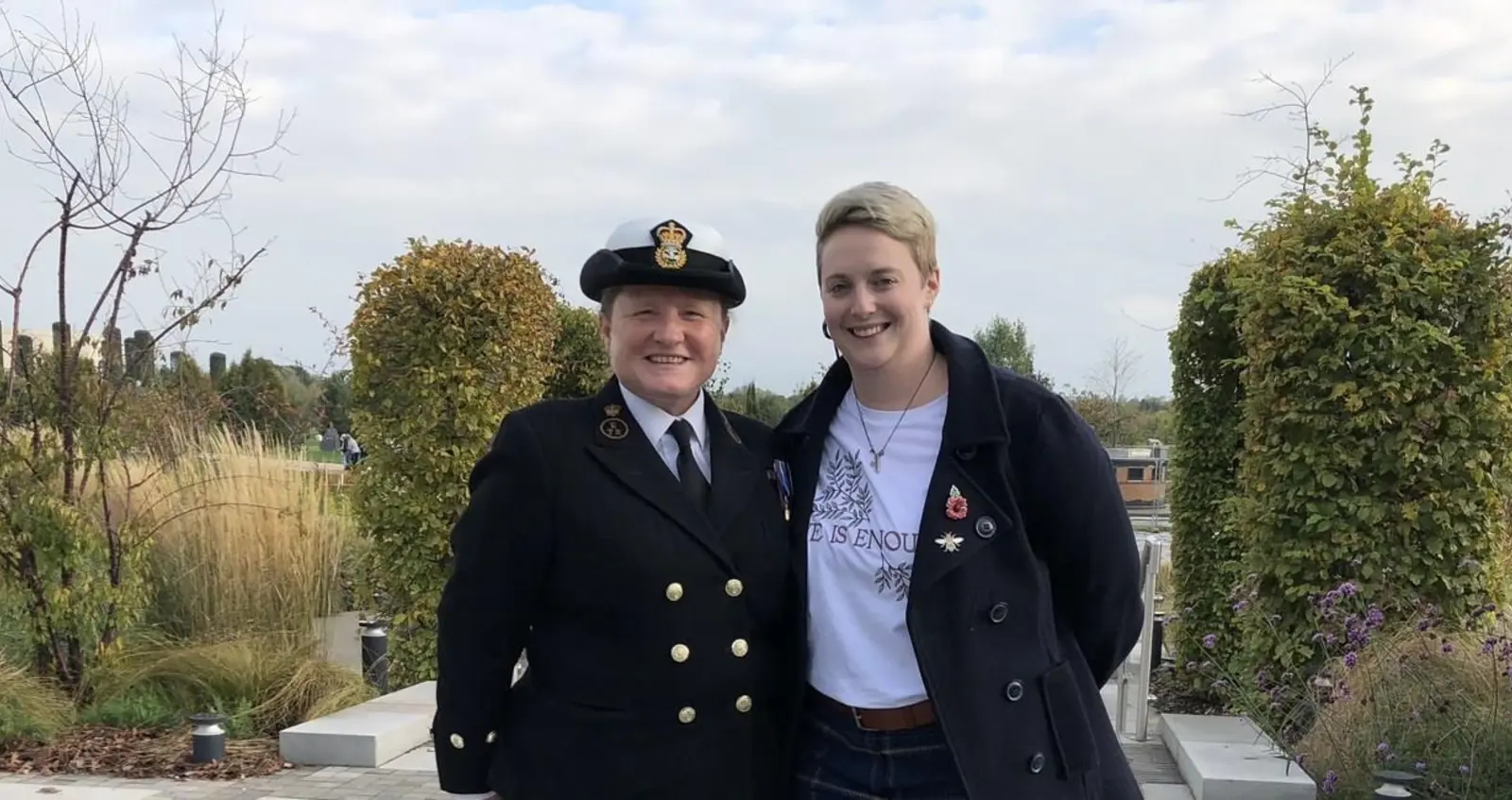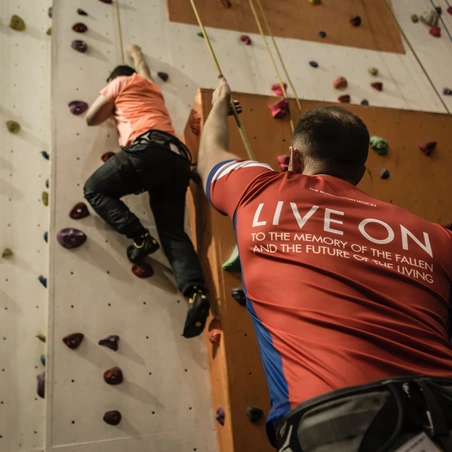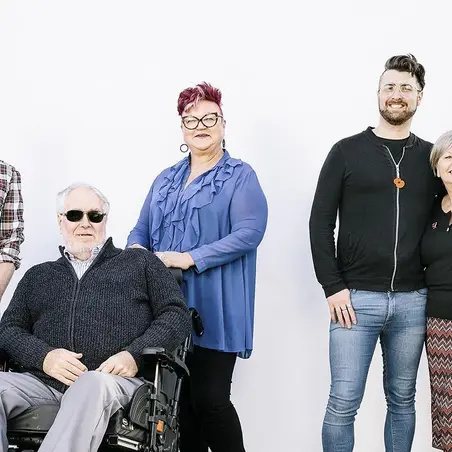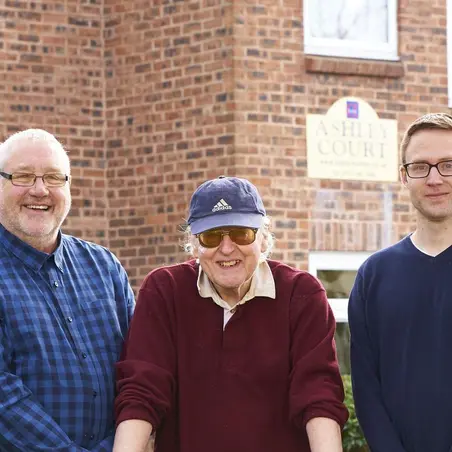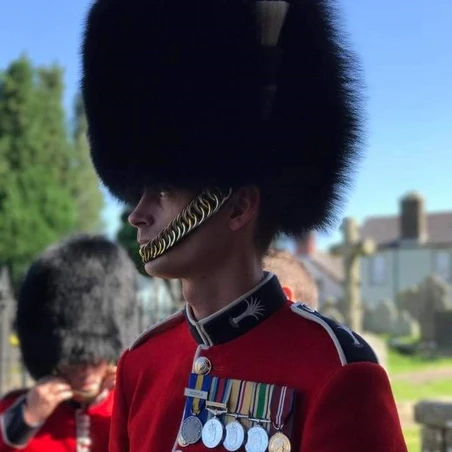In 2019 RBL launched its first ever LGBTQ+ branch, 19 years since the UK Government lifted the ban on gay and bisexual people serving in the Armed Forces.
Ann Miller-McCaffrey, who is currently serving in the Royal Navy, is a founding member of the branch along with her wife Emma Miller-McCaffrey.
She told us why it is important that those in the Armed Forces community have access to community groups and forums like the LGBTQ+ branch and how things have changed since the ban was lifted.
Become a member
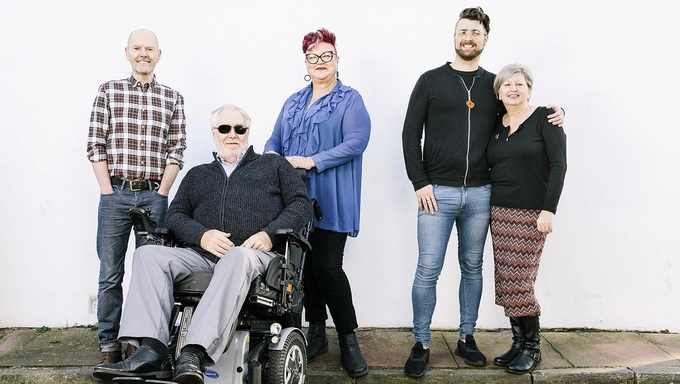
“Nobody wants to see anybody that has been a part of the military in any sort of distress or any discomfort,” Ann says.
“I had a lot of friends that lost their careers, lost their jobs and in some cases lost their families as well. It wasn’t a nice experience if you knew what was happening to those people at the time.”
“Being a part of an initiative that is reaching out to those people and showing them that they are validated. And saying you know your experiences and the things you’ve really loved about the armed forces try not to look at it as a bad thing.”
“I’ve got a couple of friends that although they were dismissed from service and hated being dismissed and had a really bad experience they still love the armed forces. So when they come and talk to people now that are serving… they are just really happy that things are going in a good direction.”
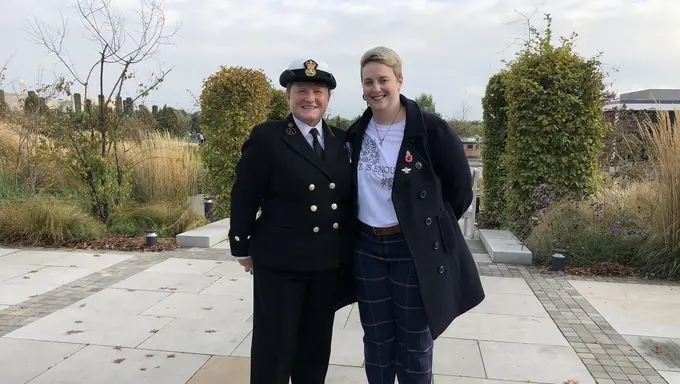
Ann joined the Women’s Royal Naval Service in July 1987 when the mens and women services were still totally separate. She joined the education branch and spent a lot of time working across the Navy, including the Royal Marines, teaching basic English and maths and went on to become a trainer.
Ann is now based at the Royal Military Academy in Sandhurst where she works as part of a tri-service armed forces diversity engagement team, which speaks to communities that don’t traditionally engage with the armed forces.
“We talk about what we do and how we do it and how we contribute to the bigger picture,” she says.
“So from a naval perspective it’s things like keeping the shipping lanes free so that we can get our food imported into the country, and we can get cars and things like that imported into the country.
"Because if we didn’t have those lanes free then we wouldn’t get those things in.
“It’s about building bridges with communities as well and we found that there’s a bit of a disconnect with the young generations and the next generation because they haven’t had a direct contact with anybody that has served in the military.
“Whereas when I was growing up my grandad was in the Merchant Navy so talking to him I got an idea of what it was like to be in a naval service and that was what I wanted to do. But we’re finding that young people don’t get that much of an opportunity to speak to people now.”
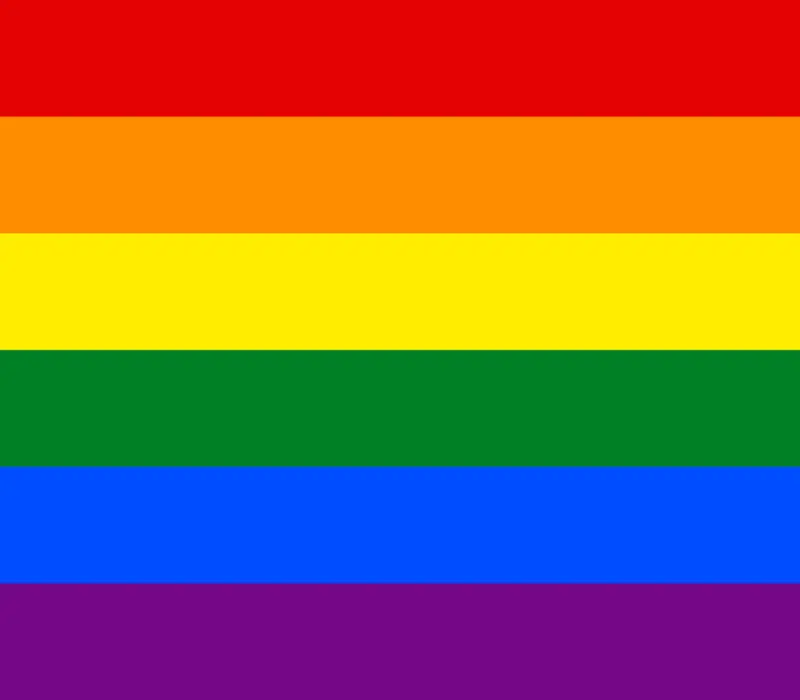
“There has been positive change...there’s now lots of support networks around.Ann Miller-McCaffery
Ann joined the Navy before the ban on gay and bisexual people serving in the Armed Forces was lifted, and says she has seen positive changes in her time in service.
“Yes there has been positive change. I think setting up the networks and things like that, and just the inclusion space in general, there’s now lots of support networks around,” she says.
“But we recruit from society so I couldn’t hold my hands up and say that nobody in the armed forces is homophobic or sexist or racist, because we recruit from society and there are those people in society. But what we do have now that we didn’t really have in the past is mechanisms to deal with that. And those mechanisms are quite robust. It’s not hierarchical and anybody can report anything, so people are well aware of their rights and what’s right and wrong and they’ve got the opportunity to seek guidance and also to let people know if things are going awry.”
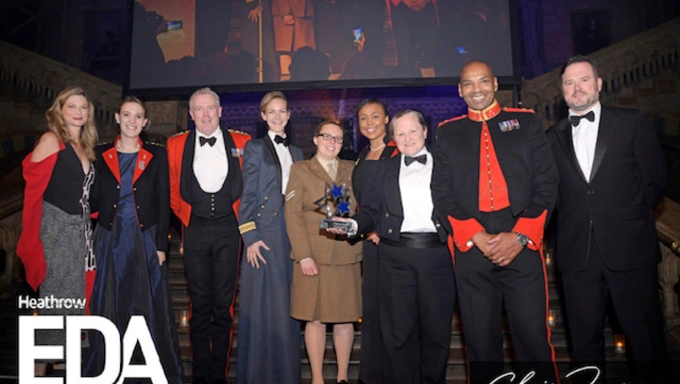
Ann is also part of Royal Navy Compass, the Sexual Orientation and Gender Identity Network of the Naval Service. Run by volunteers from within the service it is a network for the Royal Navy, Royal Marines, the Royal Fleet Auxiliary and wider Navy family to discuss things or ask questions about any matters to do with sexual orientation or gender identity.
“It’s quite interesting that we’re being used more as a mentoring tool as well with senior leadership,” she says.
“If they want to ask questions about any matters to do with sexual orientation or gender identity then they’ve got somebody in the network that they can speak to.”
"We’re also being used a little bit more as an outreach tool. If there are any other organisations are looking for additionally perspective on a panel event or help writing an article or anything like that we’ve got people that we can turn to that can give a perspective. Whether that be somebody that is LGBT or someone that’s an ally and supports somebody that is LGBT.”
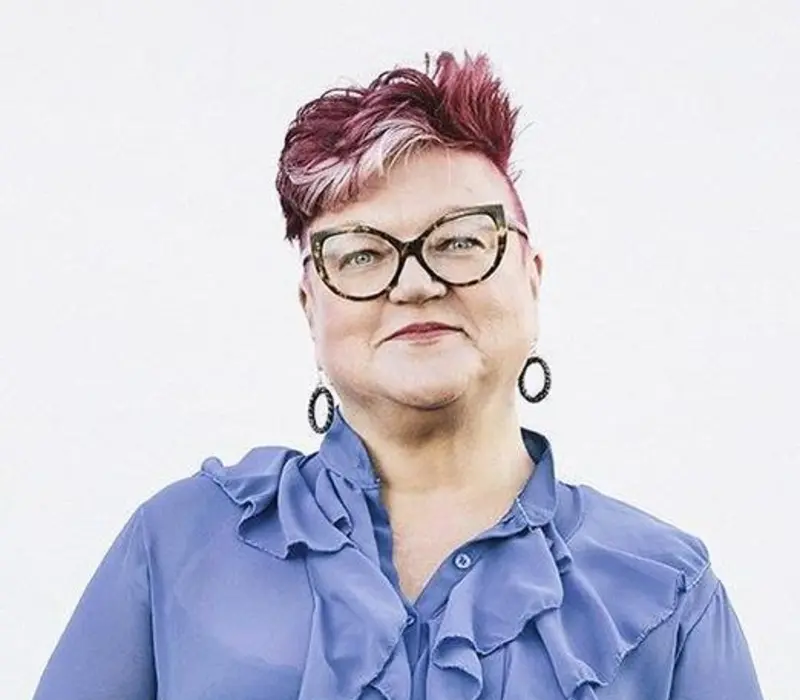
Be part of a great group of people supporting the diversity in our armed forces.Sue ColmanLGBTQ+ branch membership officer
Ann joined our LGBTQ+ branch to carry on her work that she does across the Navy as a champion of diversity to help others get better access to support that are entitled to.
“I have personally got friends that feel like they can’t approach RBL because they think that they will get treated exactly the same as the they did when they were dismissed from the armed forces. So they are reluctant to go to and ask for help and advice which they are obviously entitled to but they feel that they would be treated like that.”
“It’s good that the RBL are doing what they’re doing because they’ve taken the lead and said right we want to embrace these veterans because they are part of the family.”
“Most veterans are very proud of their service within the military so to be removed from that can be very isolating and quite distressing, but now with this branch it will bring people back into the family and giving them a sense of belonging as well.”


